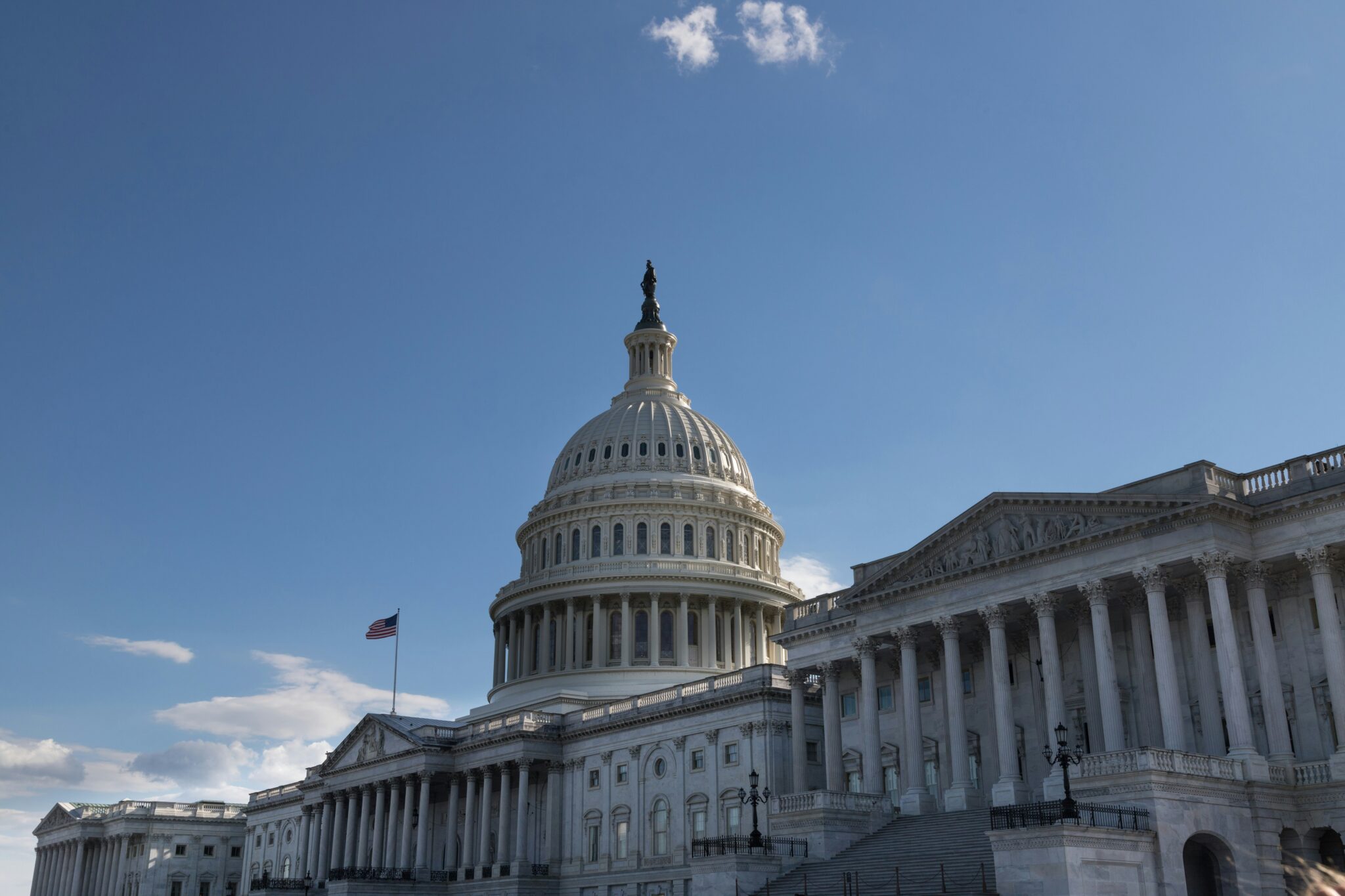Dear Chairman Young:
As you mark up a potential Water Resources Development Act (WRDA) of 2003, we urge you to include significant reforms of the U.S. Army Corps of Engineers in this legislation that will help to restore taxpayer confidence in this troubled agency.
The Corps of Engineers has repeatedly embarrassed itself over the past three years by bungling its economic evaluations of proposed projects. Clearly, the waste and mismanagement at the Corps of Engineers is out of control. Not since President Reagan championed major cost sharing reforms in WRDA 1986 has the nation's water policy been at such a critical juncture.
The bill passed by the committee last Congress, H.R. 5428, was unacceptable to American taxpayers. It authorized $2.4 billion in new budget authority for projects and programs, provided more than $200 million in new drinking and wastewater projects that were outside of the Corps' mission and redundant of an existing EPA program. In addition, H.R. 5428 included a multi-billion dollar roll-back on Reagan cost sharing rules for a handful of the largest ports, providing a $450 million windfall for the New York / New Jersey Harbor alone. We understand the new WRDA, H.R. 2557, will exceed $4 billion in total cost.
We strongly urge you to remove the inappropriate provisions listed above and include a series of reforms to address the serious flaws in the Corps planning process. The Bush administration and the Corps of Engineers itself have endorsed many of the reforms our organizations support.
Accountability / Independent Review – WRDA must include a provision instituting an external, independent review process for costly and controversial projects. Such a review process should be integrated into the existing planning process to prevent unnecessary project delay and its costs should be limited. In July 2002, the National Academy of Sciences issued a report wholeheartedly endorsing such a system of independent review for Corps projects. The Bush administration and the head of the Corps, Gen. Robert Flowers, also endorsed independent review at a Senate hearing in June 2002.
Priorities / Backlog Management – Clearly, the Corps does not have its priorities straight, as it has amassed a huge $58 billion construction backlog. In testimony before the Senate in June 2002, the Bush administration and Gen. Flowers endorsed backlog reform. WRDA must include a project-blind deauthorization reform that weeds out wasteful and outdated projects. Such a provision must specify that only funds obligated towards physical construction under a construction contract shall qualify a project as actively under construction. The existing automatic deauthorization process should also be shortened from the current 9-½ year window within which an authorized project must receive some funding to 5 years. The pre-conference version of both the House- and Senate-passed WRDA 2000 bills had a very similar provision in it.
A backlog management amendment should also automatically deauthorize all 234 “inactive” projects. These are projects classified by the Corps as no longer being economically justified or lacking local support from a project sponsor. Adopting an amendment deauthorizing these projects would save taxpayers $5.4 billion, which would make this the first WRDA bill ever that brings net savings to taxpayers in budget authority.
Modernization – WRDA must include provisions requiring the Corps to modernize its project planning process, including the Principles and Guidelines, to use the most up-to-date science and methodologies. A 1999 National Academy of Sciences report recommended such an update of the Principles and Guidelines. The Bush administration and Gen. Flowers also recently testified before the Senate that an update was in order.
WRDA must also set a new higher standard for what is considered to be an economically justified project. Currently, if a project returns even one dollar in benefits on a $100 million investment, it is considered economically justified. This standard dates back to the 1936 Flood Control Act. No rational business would risk so much money knowing they will not get a decent return on their investment, and neither should taxpayers.
A 2001 report by the Joint Economic Committee found that the cost to the economy of collecting one dollar in taxes is an additional 40 cents. Thus, an appropriate benefit-to-cost ratio for public works projects would return benefits of at least 1.5 times the cost. Notably, in the 1980s, the Reagan administration applied a threshold in its budgeting of projects that was the equivalent of a 1.4 minimum benefit-to-cost ratio. Raising the benefit-to-cost ratio will be a landmark shift towards viewing public works projects as taxpayer investments rather than entitlements.
Cost Sharing – WRDA must strengthen existing cost sharing rules to more properly allocate costs for projects that provide primarily local benefits. Cost sharing is a proven tool that encourages public works solutions appropriate to the scale of the actual problem. A Wharton School of Business economist found in a 1995 study that the WRDA 1986 cost sharing reforms saved federal taxpayers more than $3 billion, in just that bill alone.
Sec. 203 of H.R. 5428 from the last Congress would have increased federal subsidies for dredging harbors deeper than 45 feet, and cost taxpayers more than $1 billion up front and billions more down the road. This provision should not be included in a new WRDA.
Together, the policy provisions we outline above can begin to turn around an embattled agency and regain taxpayers' trust. These reforms have the potential to save taxpayers tens of billions of dollars in coming years and fundamentally change the way we perceive public works spending.
For further information on Corps reform issues, please contact Steve Ellis at Taxpayers for Common Sense Action 202-546-8500 x126, David Williams at Council for Citizens Against Government Waste 202-467-5316, or Pete Sepp at National Taxpayers Union 703-683-5700.
Sincerely,
|
Jill Lancelot |
Tom Schatz |
Pete Sepp |










